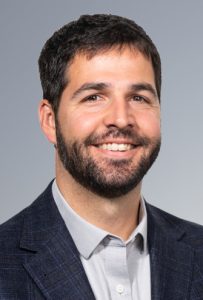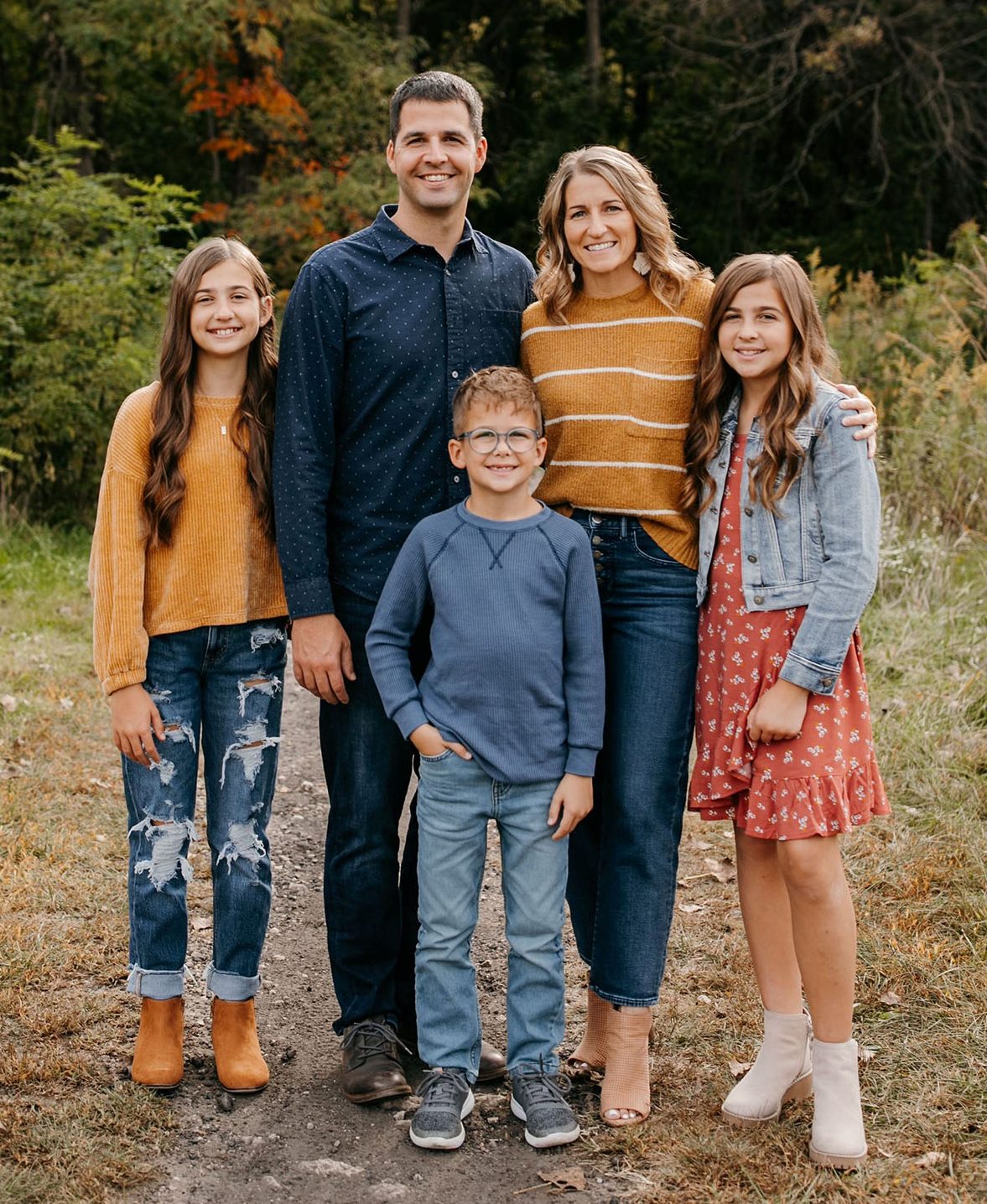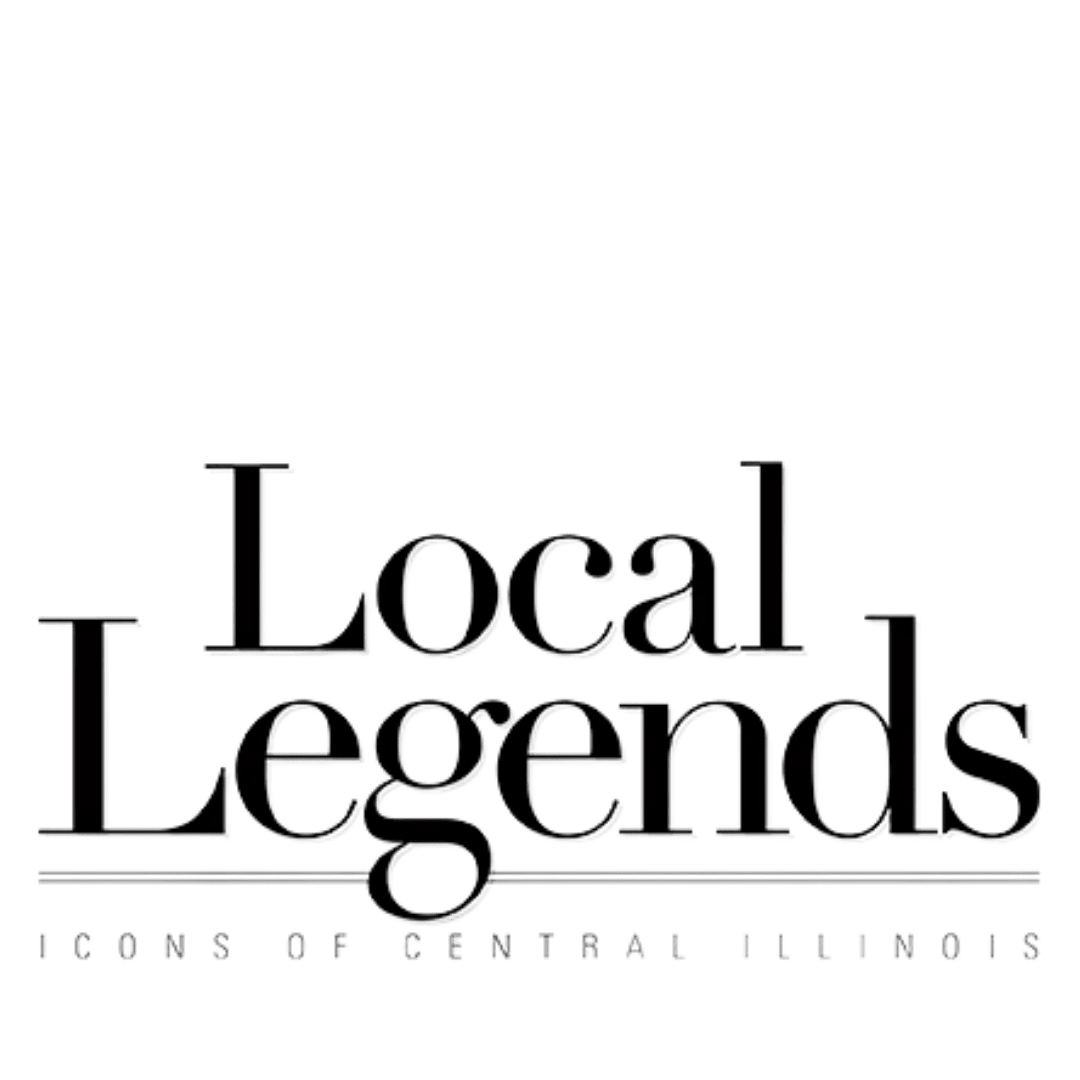Caleb Wyss, Age 39
Director of Preconstruction, CORE Construction

“Faith, family, and career, in that order, are the three pillars serving as a compass and the foundation from which Caleb makes decisions in all aspects of his life,” said his nominator. “He challenges others to be thoughtful, purposeful, and considerate of long-term impact vs. short-term needs. … His approach is always ‘people first.’”
Wyss directs a team of construction professionals operating across two states and is responsible for $500 million of preconstruction work. He plays an integral role in leading CORE Construction Midwest’s strategic planning process built around the organization’s vision of “thinking beyond the build.”
He also has been instrumental in building a network of leaders eager to work, live, and play in greater Peoria. His passion for helping others reach their full potential led to the creation of two programs designed to provide education, training and support. One is CORE’s Mentor Protégé Program, which provides customized training and technical assistance to small, minority- and women-owned businesses. The other is CORE’s Internship Program, with paid opportunities for college students pursuing degrees in construction management and related fields.
Wyss is married to Bethany and they are the parents of three, while also fostering more than 20 children. He is actively involved with Bethany Community Church in Washington, where he is a deacon. He also is part of the church’s Buddy Ministry, helping children with special needs.

Childhood ambition: “I’m sure I went through phases of wanting to be a fireman, policeman, and football player but I still remember my dad pointing out buildings he helped to wire as an electrician. Now I do the same with my family as we drive around central Illinois. … So, maybe I always wanted to be in construction to be like my dad.”
Unknown to colleagues: “I own almost the entire collection of Louis L’Amore novels.”
Biggest challenge: “Having a stroke when I was 31 years old. It made me realize how fragile and uncertain health and life was. Having to learn to speak clearly, write, and even to shoot a basketball again was tough. It was also really hard to walk out of physical therapy the last time and see those who were not able to recover due to the extent of their injuries, knowing they would spend the rest of their life in a wheelchair where I was able to recover to a point where I could live life normally again.”






